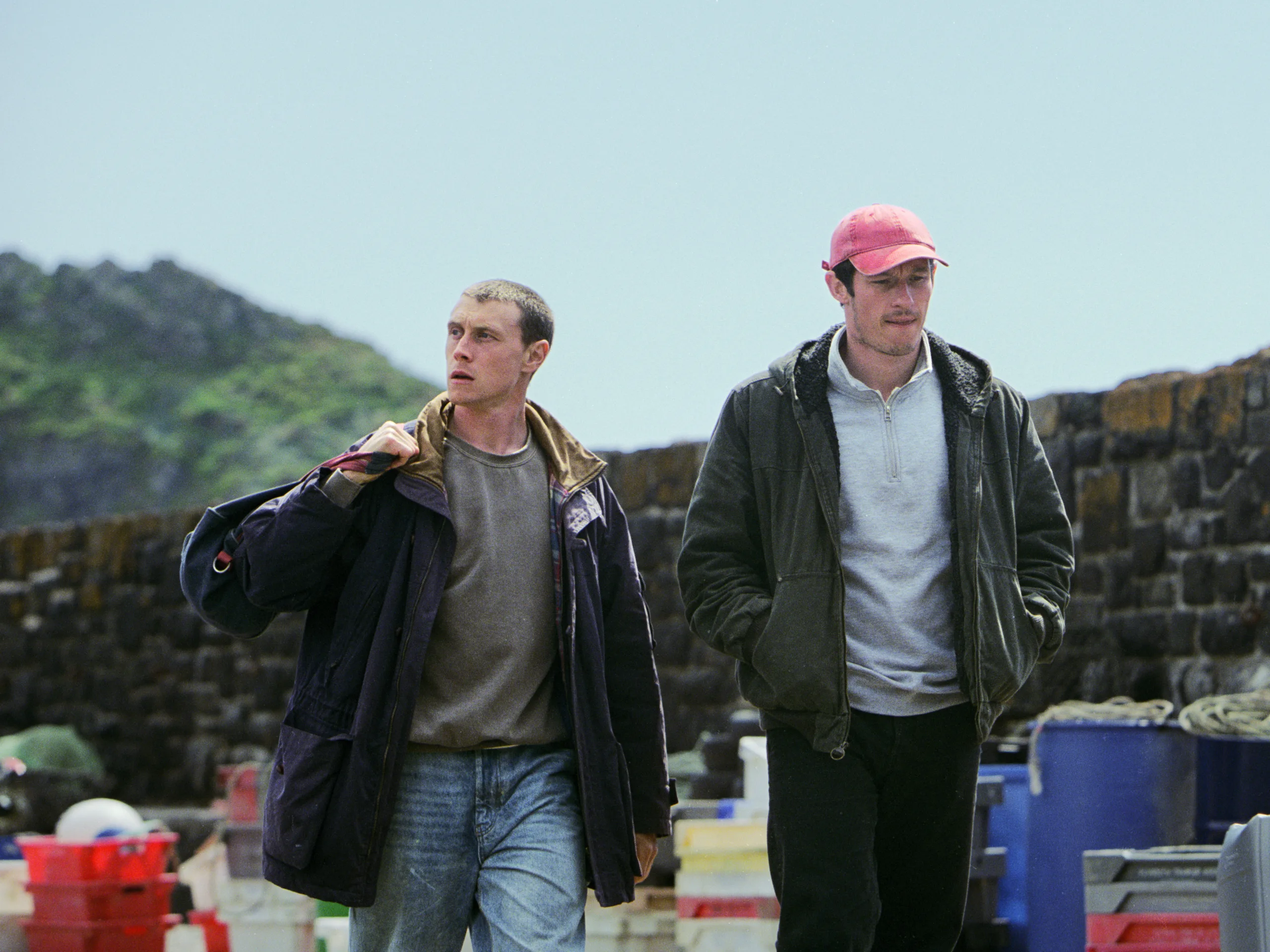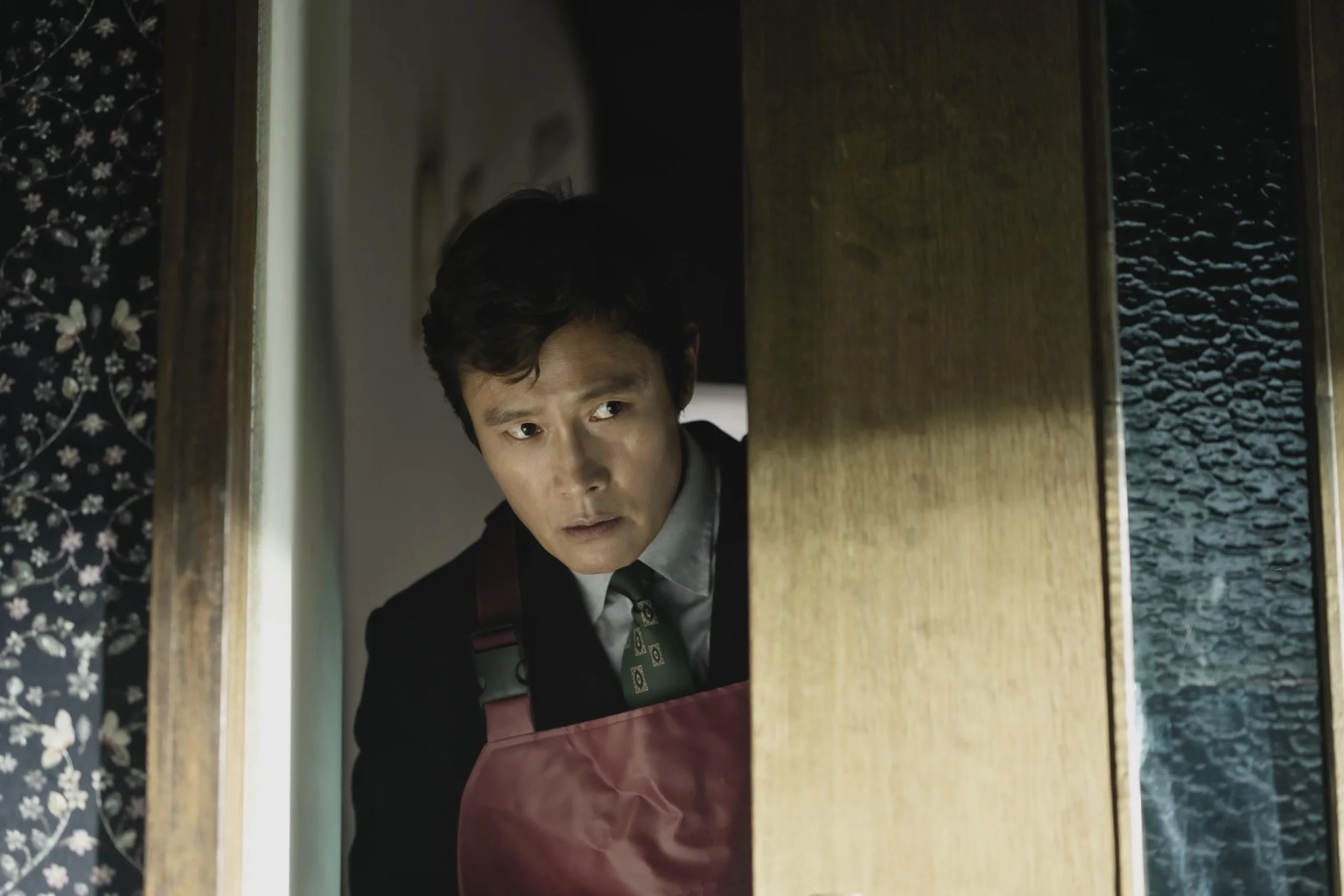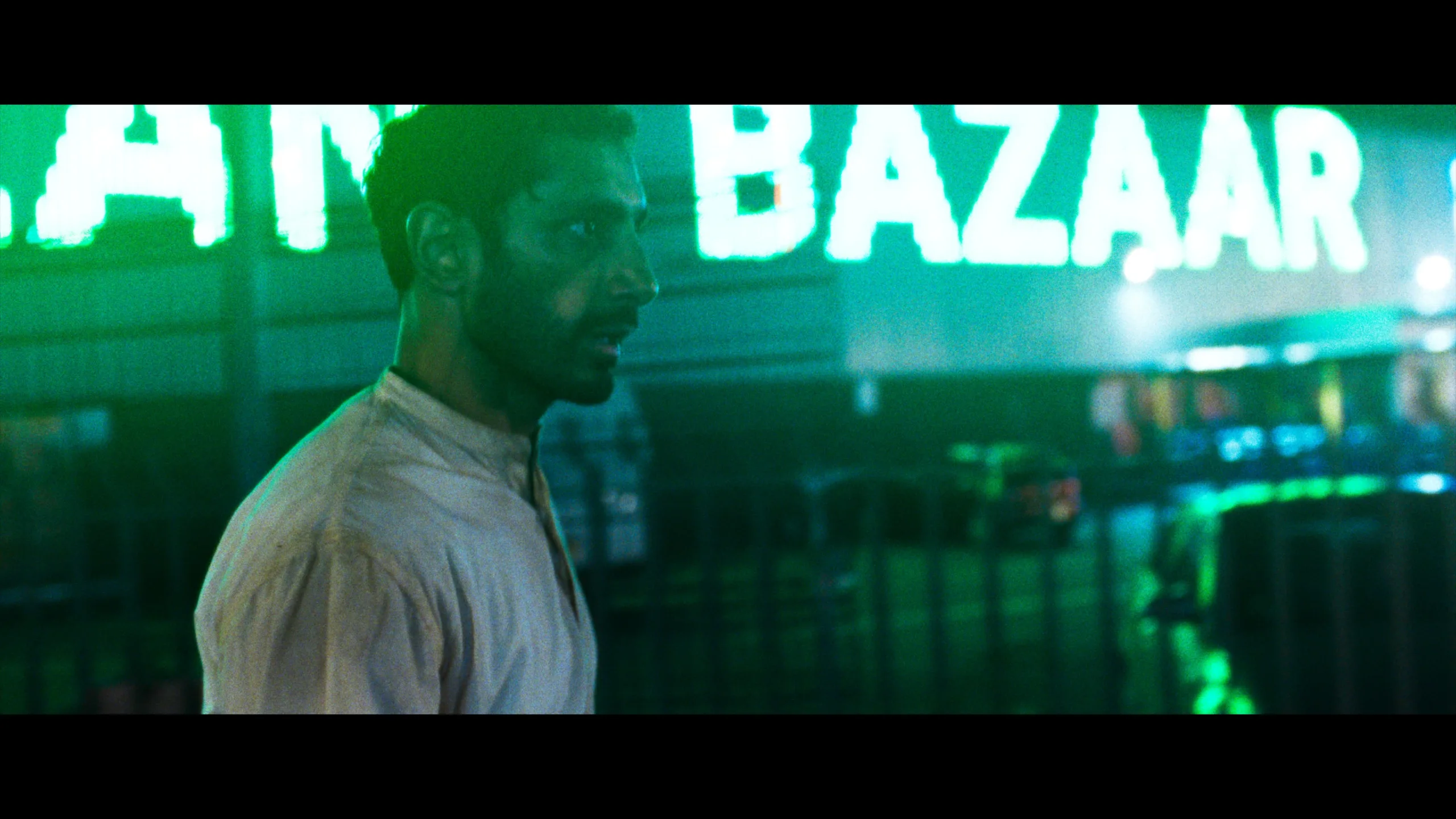The first couple days of TIFF are often dominated by films that played other fests. This year’s crop included screenings of Cannes hits like “It Was Just an Accident,” “Sirat,” “The Secret Agent,” and “Sentimental Value,” but there were also flicks that made the jump across the pond more quickly, including the latest from Park Chan-wook, a twisty sci-fi riff on the kitchen sink drama, and another telling of one of the most-told tales of all time.
There’s a reason we keep telling the story of “Hamlet.” It’s such a rich text that it allows interpretation via new settings, time periods, and even language and plot. Director Aneil Karia keeps the former but makes some notable changes to the latter in his riff on the classic tale, transporting the action to the South Asian community in London in the present day. Telling Hamlet in under two hours is a tough challenge that Kaira can’t overcome, notably giving short shrift to Ophelia’s arc and altering key events in the murderous outcomes. He also shoots his film with manufactured intensity—so many shaky handheld camera shots—in a manner that distracts from what really works about the project: the expressive eyes of Riz Ahmed.
The basic beats are the same. The Oscar-nominated star of “Sound of Metal” plays Hamlet, who returns home on the news of the death of his father to find his mother Gertrude (Sheeba Chaddha) is to be married to his uncle Claudius (Art Malik). After a night of clubbing, a hazy Hamlet stumbles into the street to see the ghost of his father, whom he follows to a rooftop to hear the horrifying truth: He was murdered. Hamlet sets in motion the well-known series of events, the play designed to expose Claudius, reimagined as an intense dance number that’s one of the highlights of the film.
To say that Ahmed is the reason to see “Hamlet” would be an understatement. At first, his near-tearful vocal choices, paired with his practical shaking, feel overdone, but one must remember that Hamlet is going mad with grief and rage. Ahmed leans into this interpretation, feeling at times like he’s truly unhinged, a live wire compared to the relatively subdued performances. Only Morfydd Clark’s Ophelia taps into a similar vein, although she’s been reduced thematically in this telling as the focus remains almost solely on Hamlet’s long journey of the soul. Ophelia, forgotten again. (Polonius, Laertes, and Claudius don’t make out much better, but Chaddha does a lot with the little left of Gertrude.)
As good as Ahmed is, Clark makes distracting visual choices that make appreciating his work a chore. It’s all shot on grainy digital video, giving it an ugly look that doesn’t suit the themes or the material. It becomes an effort to appreciate what Ahmed is doing, something that feels like it would be infinitely more powerful on the stage. When I talk about my love for the Bard, my kids think it sounds like homework. 2025’s “Hamlet” ultimately feels like work, too.

Another film that requires intense audience engagement but ultimately achieves its goals more successfully is the truly bizarre “Rose of Nevada,” the latest from the singular Mark Jenkin (“Enys Men”). It’s not every day that you see a film that reminds you of the work of Mike Leigh and David Lynch at the same time. Still, there aren’t a lot of movies like this mind-fuck of a flick, one that sometimes feels like a document of people on the edge of poverty in a remote Cornish fishing village before becoming something very different. From the beginning, Jenkin uses an unsettling visual language, shooting his film in grainy 16mm, full frame aspect ratio, and focusing for inordinate amounts of time on the details of the world, from the pounding rain to the lapping water to the blowing branches to the rusty hull of a boat.
The boat in question is named the Rose of Nevada, and it seems to almost appear out of nowhere in the harbor. A character says something about doing this again, and you get the sense that this isn’t going to be an ordinary tale of fishermen. In the village, we meet family man Nick (George MacKay) and pub-dwelling Liam (Callum Turner). When Nick’s ceiling collapses under the rain, he has to leave his wife and child to board the Rose of Nevada, joined by Liam and a mysterious captain who appears never to leave the vessel. They head out and come back with a haul. It’s just that they come back three decades earlier.
Yes, “Rose of Nevada” is a “Back to the Future” riff wherein Nick and Liam basically step into the shoes of two men who disappeared on the Rose a generation ago. Liam is fine with it, replacing his single lifestyle with a wife and a kid. Nick loses his people and fights to return. Both MacKay and Turner are excellent in a film that’s very light on dialogue, the former conveying rising dread at what he may have lost and the latter rising joy at what he’s found.
But the movie belongs to Jenkin, who experiments constantly with sound and imagery. The movie is an auditory assault from the waves that crash against the Rose to the creaking of its hull to the action of the fishing. It’s got a rhythm, often quite literally with a metronomic sound that plays for minutes on end, that becomes increasingly mesmerizing. It’s like nothing I’ve seen this year or last. I’m not sure it all adds up, but I won’t forget it.

I also will be rolling Park Chan-wook’s phenomenal “No Other Choice” around in my brain for some time. It’s fascinating to realize that this might be minor work from Park (although my initial comment that it was feels less true every time I think about what it’s doing) and still be one of the major films of the year. The director of “Oldboy,” “The Handmaiden,” and “Decision to Leave” is just that talented. This adaptation of a novel by Donald Westlake feels like Park’s most disposable movie, a pitch-black comedy about the perils of capitalism. But it ends with a few scenes that force you to rethink what it’s all been about, and that maybe this is Park’s angriest film since the Vengeance trilogy, a commentary not just on fragile masculinity but a corporate world that’s getting rid of its people.
The truly fantastic Lee Byung-hun—famous stateside for “Squid Game” but also just amazing in “Joint Security Area,” “The Good, the Bad, the Weird,” “I Saw the Devil” and so much more—gives the best performance of his career and one of my favorites of the year as You Man-soo, a successful veteran of the paper industry. When the film opens in a scene that’s so brightly shot that it plays almost like a parody of a happy family in a commercial, you have it all. Two kids, two golden retrievers, a perfect house, a great job, and a wonderful wife (Son Ye-jin). Moments later, he’s been fired.
Before You knows it, the Americans have downsized him, the house is on the market, the dogs are being cared for by relatives, and they even have to cancel Netflix. He tries to get back into his industry by getting a job at a company called Moon Paper, but he realizes that there might be more qualified candidates also struggling in this awful job market. What’s the best way to make sure you get the gig? Eliminate the competition. Literally.
Even the title “No Other Choice” is clever, reflecting corporate speak for firing someone, but also what you are trying to convey to any potential employer. Lee throws himself into the role, somehow both portraying the truth of You’s predicament and physically jumping into the visual goofiness that Park sometimes employs.
Working with cinematographer Kim Woo-hyung, Park has once again made one of the most visually captivating films of the year. He just knows where to put a camera, how to move it, when to cut—you know, those things that feel increasingly short in supply in an era when films are made for the algorithms.
I’m going to write much more about “No Other Choice” once it’s not in the middle of a chaotic festival. It feels like a movie that needs its own space, a magic trick wherein you’re so captivated by what it’s doing with its left hand that you don’t expect to get walloped with its right hook.












